These days businesses we frequent seem to know more and more about us. They know what we look at on their websites so they can pitch similar products in an effort to get us to part with more money. They know our shopping histories — yes, even the things you ordered online because it felt more “private” and anonymous than going into a store. They might even know where we are.
It’s that last one that really gives me goosebumps. So let’s talk a bit about geolocation.
Geolocation: Stalking or Savvy Marketing?
We know consumers aren’t always the brightest bunch when it comes to the information they share online. We have a tendency to share too much at times. And we’ve all heard the saying that once something’s on the Internet, it can never be fully deleted. With people losing jobs (among other things) due to oversharing or sharing less-than-appropriate information via social media outlets, you would think we would have learned by now.
But we haven’t. In steps geolocation to make social media all the creepier and all the more invasive of people’s privacy. With the announcements of Facebook Places, I think it’s a good time for a quick reminder about that creepy side of geolocation.
Let me be clear. I don’t use geolocation services, and have no intention to. I would find that to be an invasion of my privacy, and I value certain aspects of that privacy very strongly. I’ve also been in a position of being stalked quite a while back, so I’m hypersensitive to geolocation services that essentially tell people where I am and where I am not. And that’s my choice. That said, I do see the value in such services when used carefully for social groups and even marketing.
If you’re not familiar with geolocation tools in general, here’s a nice breakdown of geolocation and other location-specific social media tools from Mark Fidelman:

Where Geolocation Privacy Concerns Come In
Geolocation services are nothing new at this point. And I haven’t gone off about them to any large extent, because there’s hardly room to complain about privacy issues when people are making a very blatant choice to tell people their business publicly. That’s on them.
But what freaks me out slightly more in the Places announcements is the talk of tagging (and I’m not saying this doesn’t exist elsewhere — just that the emphasis on it grabbed my attention). In other words, you don’t even have to tell people where you are. Others can do it for you, and on a much larger scale than back in the day when a friend might have called another friend and mentioned you were out together. Now, no matter how much you try to protect your own privacy by not sharing where you are all the time, others with you can tag you and let the world know anyway. It seems you can untag yourself. But I’m of the mind that no one should have to play clean-up to protect their privacy if they were smart enough not to publish the information in the first place. If the information isn’t yours to publish, leave others out of it.
Another creepy issue that was brought up in a recent ZDnet article is that apparently your home can be shared as a place by people who might be visiting you. In other words, your oh-so-wonderful friends might be broadcasting your home address to people with absolutely no right to know where you live (and people you don’t want knowing where you live). That I find incredibly disturbing.
And of course there’s the whole stalker-friendly aspect of it — letting people know where you are, when you’re not at home, etc. In the latter sense, it’s “nice” to see how burglar-friendly social media has the potential to be. I’m curious how many people would still have their paper delivery stopped while traveling (do people still get papers delivered?) so they aren’t telling the world they’re away, but at the same time they tell people when their home is empty on a daily basis via geolocation tools.
Certainly you can take steps to protect your privacy. You can avoid using these services as I do. You can use them minimally. You can avoid sharing other people’s location without their permission. But you can’t prevent it all unfortunately, as long as other people can still share information about you. And that my friends is a creepy and downright disturbing trend in social media — at least in my eyes.
What do you think of others being able to share your location with the world? Should you have to clean it up later, or should it be prevented altogether? In what ways do you use geolocation services currently, and would you say you have a tendency to keep it safe or overshare? Leave a comment to tell us your thoughts.

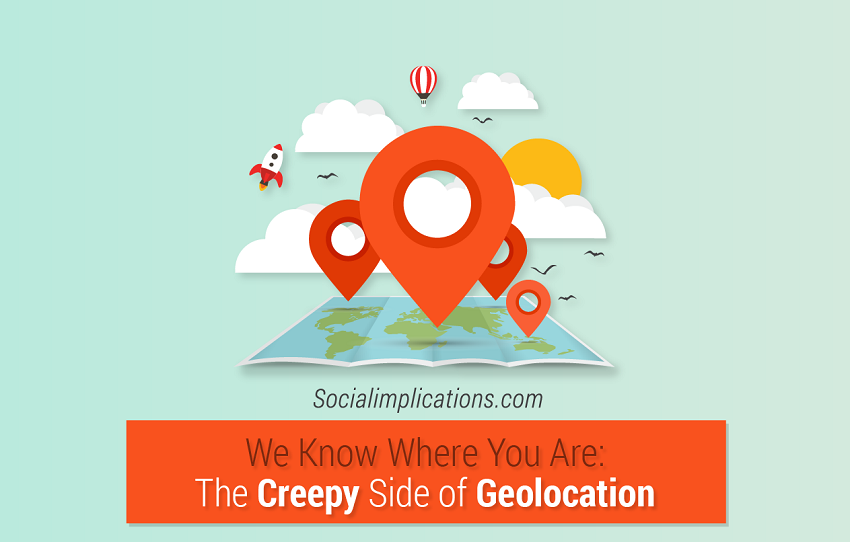

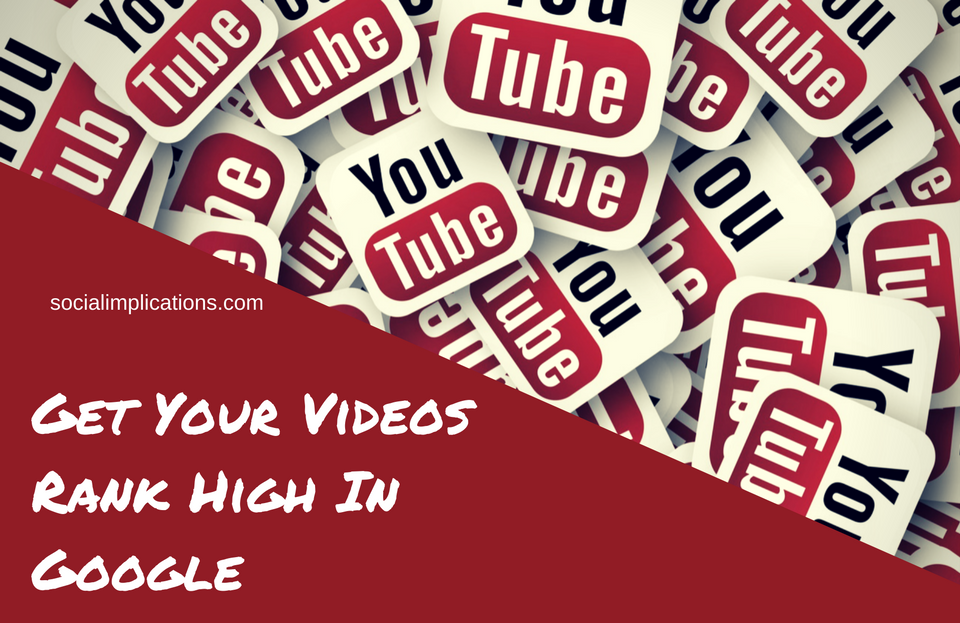
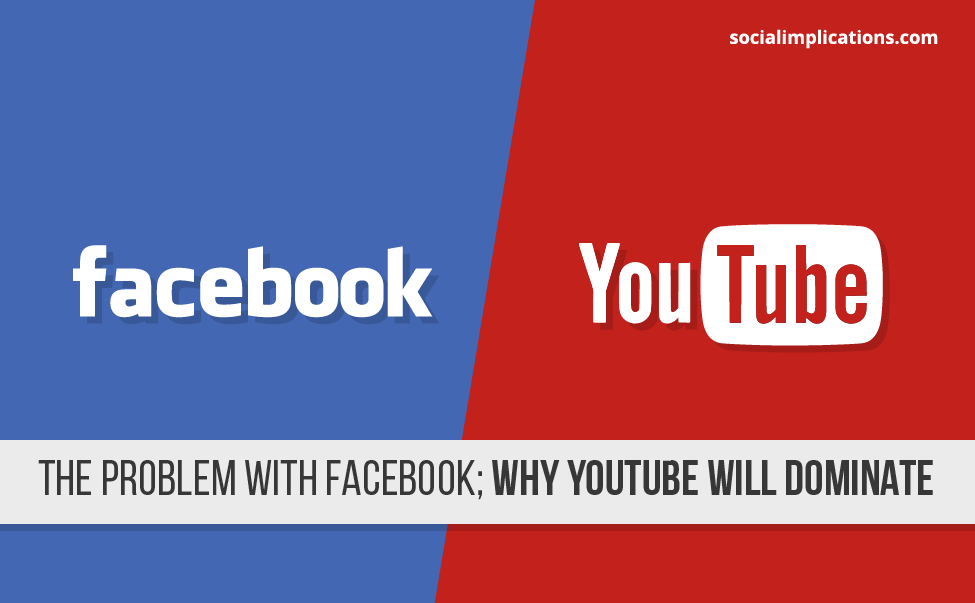


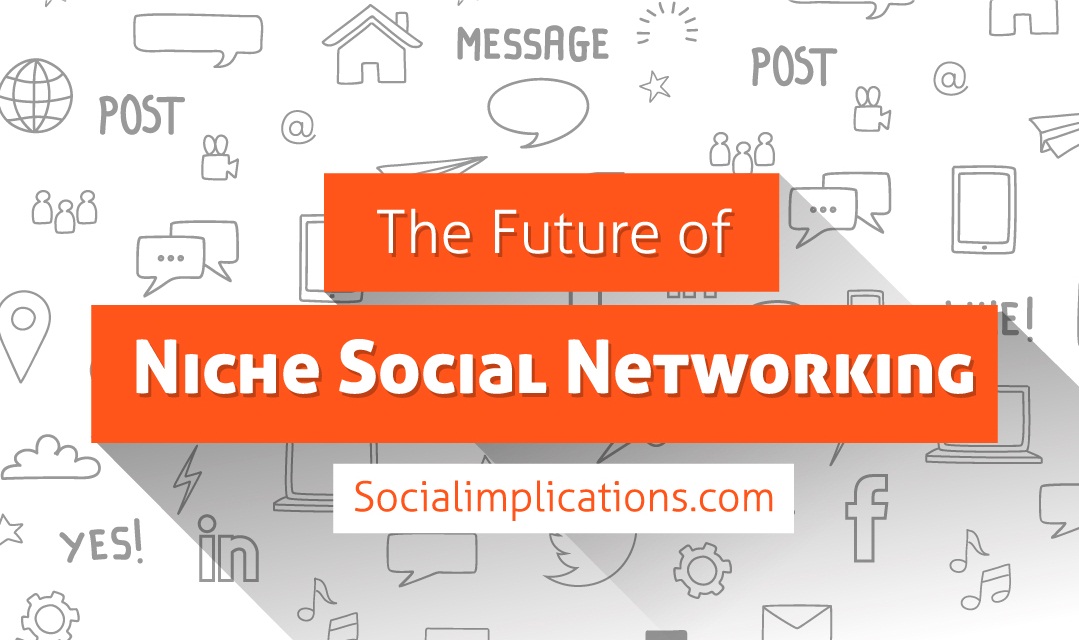

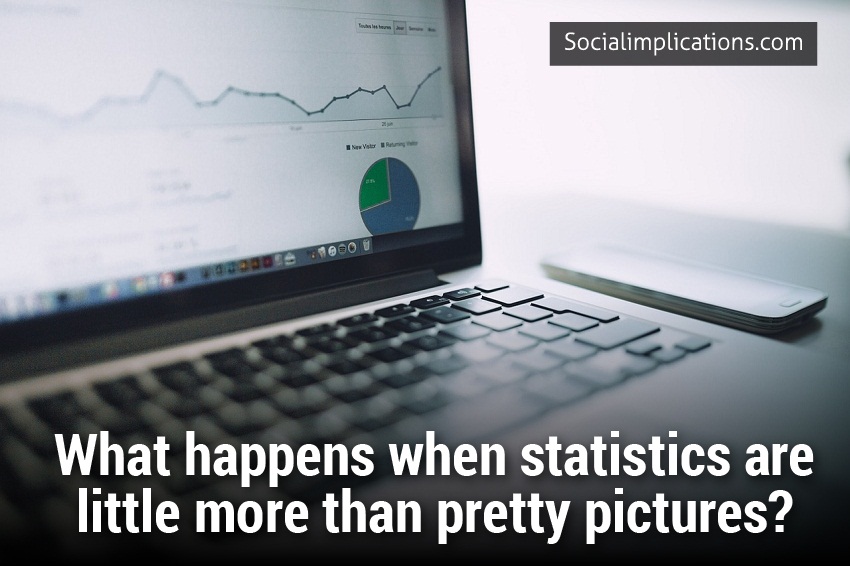




Wow, Jennifer, this is a great article. Like you, I’m a little cautious about the geolocation stuff, and like to keep my whereabouts private – or at least control that information myself. While I’d already considered the implications of having my whereabouts automatically posted by Facebook and such, I hadn’t thought of the implications of OTHERS simply tagging me in their own Social Media.
Good food for thought. Needs more conversation, I think.
Definitely. And I think with the Facebook Places announcement there has definitely been more conversation about the issue (although it seems to be dying down surprisingly quickly from what I’ve seen, swamped in talk about Google’s instant search). It’s funny how fleeting these types of concerns can be for some people. For me, I’d rather retain some privacy. I’m fortunate in that my friends have more respect for me than to post things like that. Unfortunately in many casual and professional circles that isn’t the case. I think my biggest concern is for young people who seem to overshare as it is. I worry about people like my sister and her friends who are off at college — would you want people knowing when half the dorm is empty or when you might be walking home after drinking a bit too much at a party? Frankly I find this friend-tagging thing to be dangerous in too many ways to make it a good thing.
It’s great to find another voice of reason on geolocation services. These services are good for marketers and companies, but bad for consumers and individuals. What seems like fun is playing with danger. Facebook Places more than any of the rest, IMHO. At least with services like Foursquare, you’re participating without having your full name on your profile, you have the option to check-in without telling others where you are, etc. With FB Places, you’re full name and all other information is there for all to see. I’ve seen so many examples of people checking in with Places where I cringe. (Parents (especially Single Moms)…DO NOT check in at your child’s school!!!)
At any rate, THANK YOU for writing this post. As for the friend-tagging on Facebook Places, you can disable that feature. This article has the step-by-step on how to do that, and also links to another article that shows how to protect your privacy as much as possible where Facebook Places is concerned. http://www.mashedreport.com/2010/08/24/tag-youre-here-opting-out_m_000878.php I hope it helps!
You and Jennifer aren’t the only ones who reallze what quicksand this whole geo-targeting notion is and especially the anyone can “check you in” concept. Did you notice that Facebook defaults to let others check you in?
When I came across David Zemen’s How to Disable the Friends Can Check You Into Places Facebook Setting I immediately changed those settings.
I am relieved that my days of having to go anywhere are over so I don’t have to worry about anyone checking me into anywhere, cameras everywhere and who knows what else. Recent court rulings split on whether authorities can plant a GPS on anyone’s vehicle without their knowlege or need for a warrant or probable cause.
Cell phones can be used to track your position or used to eavedrop on you. It is my understanding that is possible even when phones are powered off unless you pull the battery out. That author may have been off by a few decades but what he wrote about in 1984 is definitely here.
I would not be surprised to find out that new televisions and any computer (with built-in speakers and microphones – or even those that don’t OBVIOUSLY contain them) could not be used to transmit audio and visual images.
It is enough to make me want to move somewhere really remote or even forego all technology eventually. Maybe this is all ok by people who grew up with it but for those of us who had the illusion of freedom from being tracked and spied on it is all too much.
I’m not quite ready to move over it, but I’m definitely concerned by growing privacy invasions. I go out of my way to protect certain types of private information, and even in that case there’s info being shared in an unacceptable way (like the recent article here where I talked about how my “anonymous” browsing history was being shared publicly in a very non-anonymous way — which btw the company said they’d fix, but they’ve failed to respond when asked what information they would need from me). As long as we as a society continue to tolerate companies making craploads of money selling our private information, it will continue to happen. They have to be held accountable before anything will change (like with issues of them promising to keep data anonymous when it’s becoming technically impossible for them to do so in some cases). And sadly I don’t see that change coming any time in the near future. I have a feeling it’s going to take a major breach with a lot of people put at risk before we start seeing change (in either corporate or user behavior).
You’re welcome Jacki. What concerns me about the Facebook issue isn’t that there’s no way to opt out (and thanks for sharing the link). It’s that no one should have to opt out. Privacy invasions should never be set to a default status with the assumption that registered members are still active users who will login keep changing settings to keep their privacy protected. There is absolutely no excuse for features like that not to be opt-in instead of opt-out (except of course that it would mean less private information automatically put in Facebook’s hands).
As for mothers checking in at their children’s schools, I agree. That’s completely inappropriate. When an obsession with staying connected allows people to put their children’s safety at risk, that’s beyond disturbing.
Facebook did an end run around our refusing to share our own information by grabbing it from friends we shared it with and that is just wrong! Parents need to know that some white pages sites are listing the names and ages of their children plus names of other relatives. That is dangerous because anyone who knows enough details can convince someone that they are close friends or relatives and most people would actually let them pick your kids up! The average person is simply NOT that suspicious and generally believes what someone tells them – especially if they are well dressed and charming.
Honestly I think its a great idea. Now that we know that Microsoft is helping the Russian thought police criminalize free speech and human rights, perhaps we can really provide the corporate police state with what they always wanted, a way to track our every movement. The only thing more creepy than the creepy people behind Facebook are the creepy people who use it.
“The only thing more creepy than the creepy people behind Facebook are the creepy people who use it.”
LOL I’ll second that.
Thanks for sharing this info. I immediately went to to my settings and changed them. I have long assumed social media would begin to break down in a sort of 21st First century version of “Real World,” but Geo Location breaks all boundaries.
Mark Fidelman link is dead.
Hmmmm. URL seemed to have completely disappeared in there. No idea why. It’s re-added now though and should work.
Given Facebook’s record on privacy, I find Facebook Places much creepier than 4sq, etc.
I agree. The default issue with friends being able to share your location puts them a step ahead of the rest on the privacy invasion front. But no surprise there.
I am relieved to know that I am not the only one cringing at the idea of being GeoTagged by every site I log into. I too understand the great marketing potential, but as an individual, I do not see using any service that notes my location. It’s just to risky for my personal safety and the safety of my kids and home. My office address is posted online and that, along with my email and phone number, is about all I feel comfortable sharing. (Although I always feel comfortable sharing my random thoughts and snarky opinions.)
I do tweet when I am at specific events for work (professional presentations or client events), but my kids are never home alone, so if someone jumps in their car to rob my house they can hang out with my husband or if no one is home, there’s a note that says please take the dopey dog too. All it will take is one major geolocation related crime / lawsuit for people to go nuts.
Now, I have to go help my husband try to figure out who posted those pictures from 2 years ago, before he started working out.
~ Jules
You know, joking or not, your last comment is a great one. This issue really isn’t a new one with social media. People have been able to post photos of you without your permission for quite some time now. If you dare to go in public, you’re at the mercy of anyone on a social network or using YouTube these days. Inappropriate photos getting out could ruin your brand or reputation. Maybe not as bad as 3rd person geo-location issues potentially enabling stalkers and such, but still something to keep in mind these days.
Interesting point on YouTube and photos. In a twitter chat with journalists and PR types we had an boisterous debate on whether or not permission needed to be asked to take & post photos of someone in a public place. Most went with no. It seems that the new mindset is that if you dare to go into public you have given explicit consent to having your photo taken or staring in a video. Most said they would ask first if it was young kids, but adults eating diner are fair game. The world is a-changing. I guess soon we will have to set up photo / video alerts just like we do with google alerts now.
Great info. Thanks!
I wouldn’t say things are necessarily changing in that sense. It’s always been complex, and laws vary depending on where you are. It also depends on whether we’re talking about the copyright law side of things or privacy issues. And commercial vs non-commercial. And issues of it appearing the person in the photo is an advocate of something or not (even if not commercial, if an association could reasonably be made it’s different than if it couldn’t). It’s just as complicated as ever. I think what’s really changing is that people are becoming more aware of these kinds of things as they lose more control over what’s made public about them. We went through the worries of kids posting too much information about themselves. And I think over the years people have gotten a bit better about it (certainly far from all though). Now the concern is what other people are posting about us, and getting things removed once live can be a frustrating and time-consuming process (sometimes after the damage is done).
Thanks for the information Ms Jennifer! Geolocation stuff are good for marketing purposes and for business since potential customers will know where they can reach you. And yes I really do agree that this is not good for an individual since you’ll be sharing your location on where you are right now,its like your provoking some strangers that might rob you or give harm to you.
That’s why it’s so important for us as individuals to be cautious about our own privacy — these companies certainly won’t do it for us.
Geolocation is a very real threat to our armed services personel. Letting the world know exactly where they are would be totally insane. Don’t be surprised if serving men and women are banned from using all social networking.
I’m sure if the government decides it’s a risk, they’ll go ahead and ban its use in situations where they feel personnel may be compromised. Then again, geolocation isn’t new as a basic technology, and I’d be very surprised if the government wasn’t already using it extensively within the military — with their own safeguards and security measures of course.
When you take a closer look at your daily activites, we are being tracked more often than not. From credit card purchases to our vehicles GPS systems, GM’s OnStar and Ford’s Microsoft Sync, big brother is watching and recording our habits. The only way to avoid it is pay cash for everything, drive older cars and don’t surf the net!
We’re definitely tracked more often than many consumers realize. But what sets geolocation in social media apart is that we aren’t being tracked by some number and it’s not our vehicle being tracked. It’s a direct association of name with location. That’s what I find incredibly creepy. It’s less a case of “big brother” and more one of every Joe Schmo knowing where you are if they want to — if you knowingly use these services in a public way, as many people do.